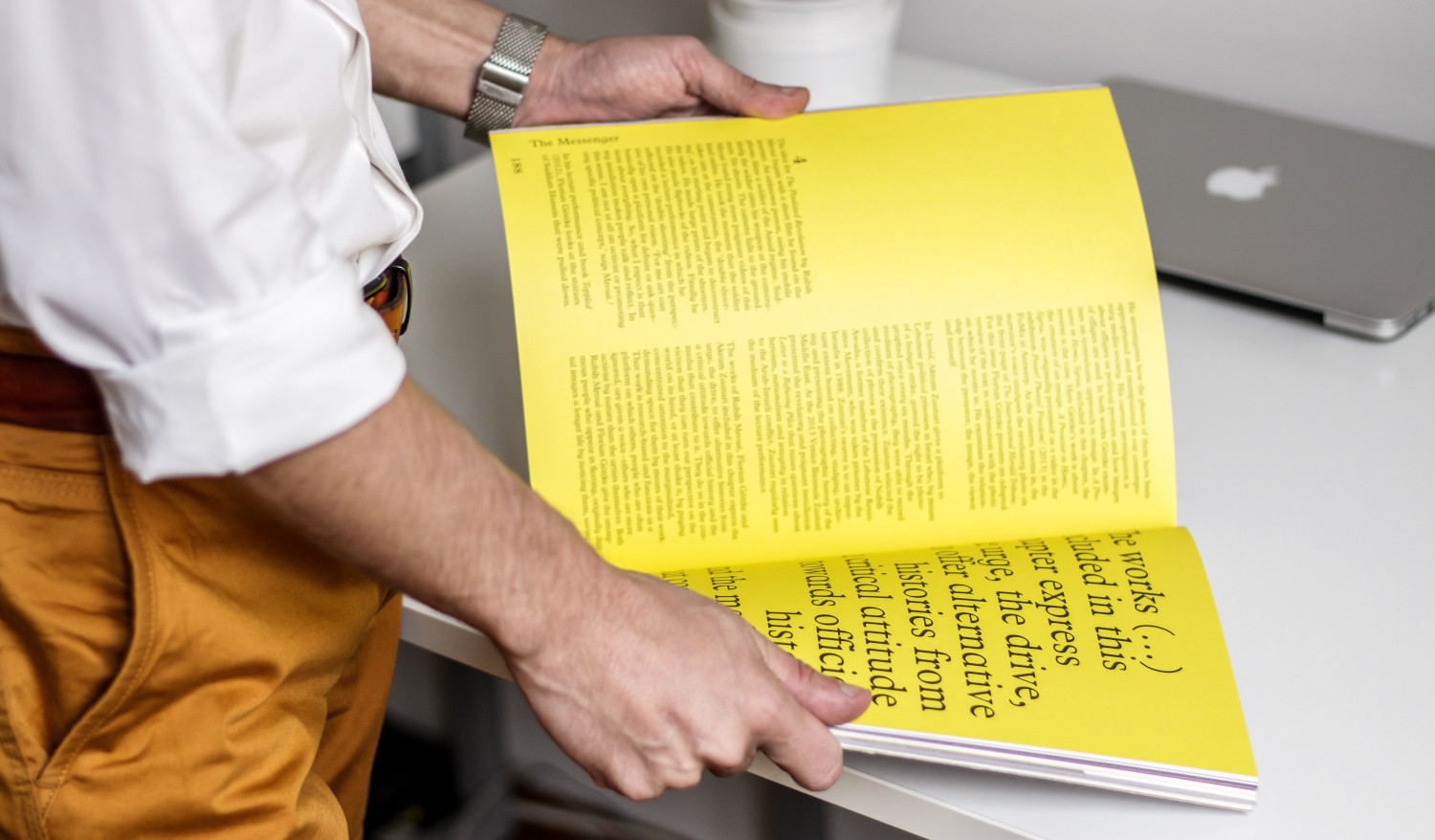An increasingly vital area of SEO is readability. It’s one of the most neglected too. So, what do we mean when we talk about readability, and how can you improve it?
In a nutshell, readability focuses on how easy something is to read. We live in a fast-moving world where people share new information at a more rapid pace than ever.
In other words: overly long sentences and paragraphs aren’t a good approach. Neither is using outdated words.
The aim of the game? Make your web writing clear and smooth.
Here are three tips to start doing that right now:
-
Using Long Words Over Short Ones

Yes, the first step is as simple as that. You shouldn’t use long words where short ones get the same meaning across. It was George Orwell who said:
‘Never use a long word where a short one will do’.
Orwell’s advice is more relevant than ever today. Chucking in your favourite words from the dictionary doesn’t sound as impressive as you think.
Your readers want to quickly understand and absorb the information you’re giving them. That’s it. The internet has turned us all into an impatient species, yes, but those who adapt?
They survive.
-
Go Easy on the Jargon

You’ve decided to use shorter words? That’s great. But what about all that jargon? We all know abbreviations, hell, we use them every day.
The problem is: your audience might not understand you. Never assume your readers get what you’re saying.
“COPPA act”, “end-user perspective”, “central processing unit” – these may mean a lot to you, but what does your audience think about when you use these terms?
There’s a good chance you’ve already confused them. A confused audience has to work harder for the information and may be less engaged with your writing and product.
Of course, sometimes your audience will be highly skilled in your area. You might be speaking to experts, but never assume this, and do your research beforehand!
-
Use Spacing to Break up Your Text

We’ve talked about long words and jargon, but the layout of your text is critical too. A paragraph on the web ideally shouldn’t be longer than 3-4 sentences.
Bunching 7-8 lines up together creates the impression of a difficult text, something that requires time and understanding to get through. Time your reader may not have.
The solution is to think about the flow of the text. When you view your articles, ask yourself: does this look easy to read, or would someone want to jump to another website?
Bounce rate can be affected by this factor alone.
A vast majority of people on the web don’t want to read a dissertation. They want crisp and clear text that tells them what they need to know.
Simple but Effective
Improving your readability doesn’t have to take years. No, you can get to work on it right now and see the results tomorrow.
Keep these tips in mind when you’re talking to your audience, and you won’t go far wrong.
And remember: simple is better on the web.
